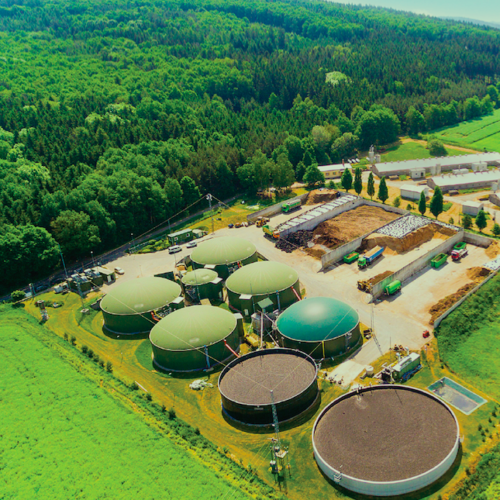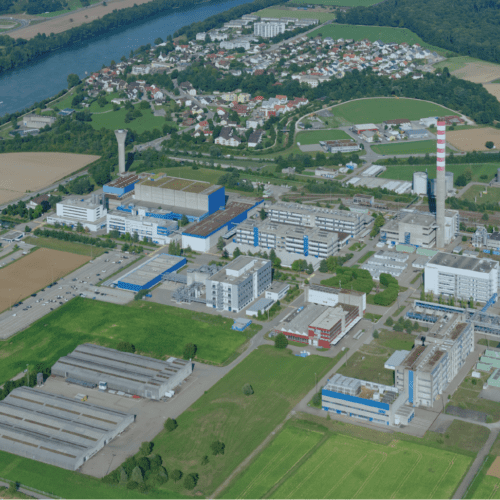
Peter Bronski was the Director of Program Marketing and Editorial Director at RMI from 2012 until 2016.
He is currently founder and CEO of Inflection Point Agency, a boutique firm focused on branding, marketing, communications, and content for mission-driven organizations. Inflection Point Agency focuses on renewable energy and cleantech, sustainability and the environment, smart cities and mobility, green building, and related sectors.
Earlier in his career, Bronski was the Founding Manager of Audubon International’s Sustainable Communities Program and, prior to that, Staff Ecologist for the organization’s Audubon Cooperative Sanctuary Program. He was a Lockheed Martin Engineering Scholar and earned a BS in Natural Resources from Cornell University.









